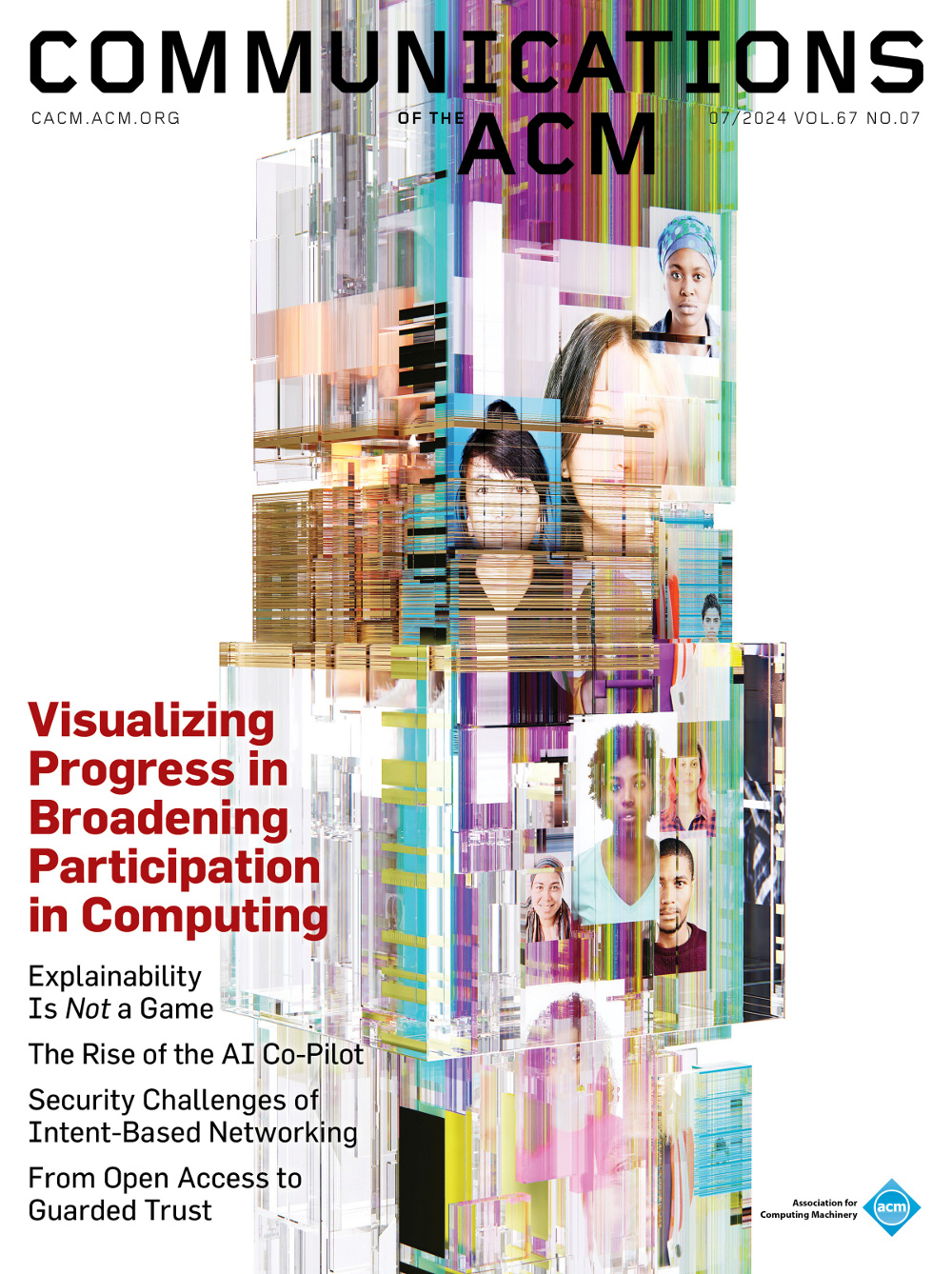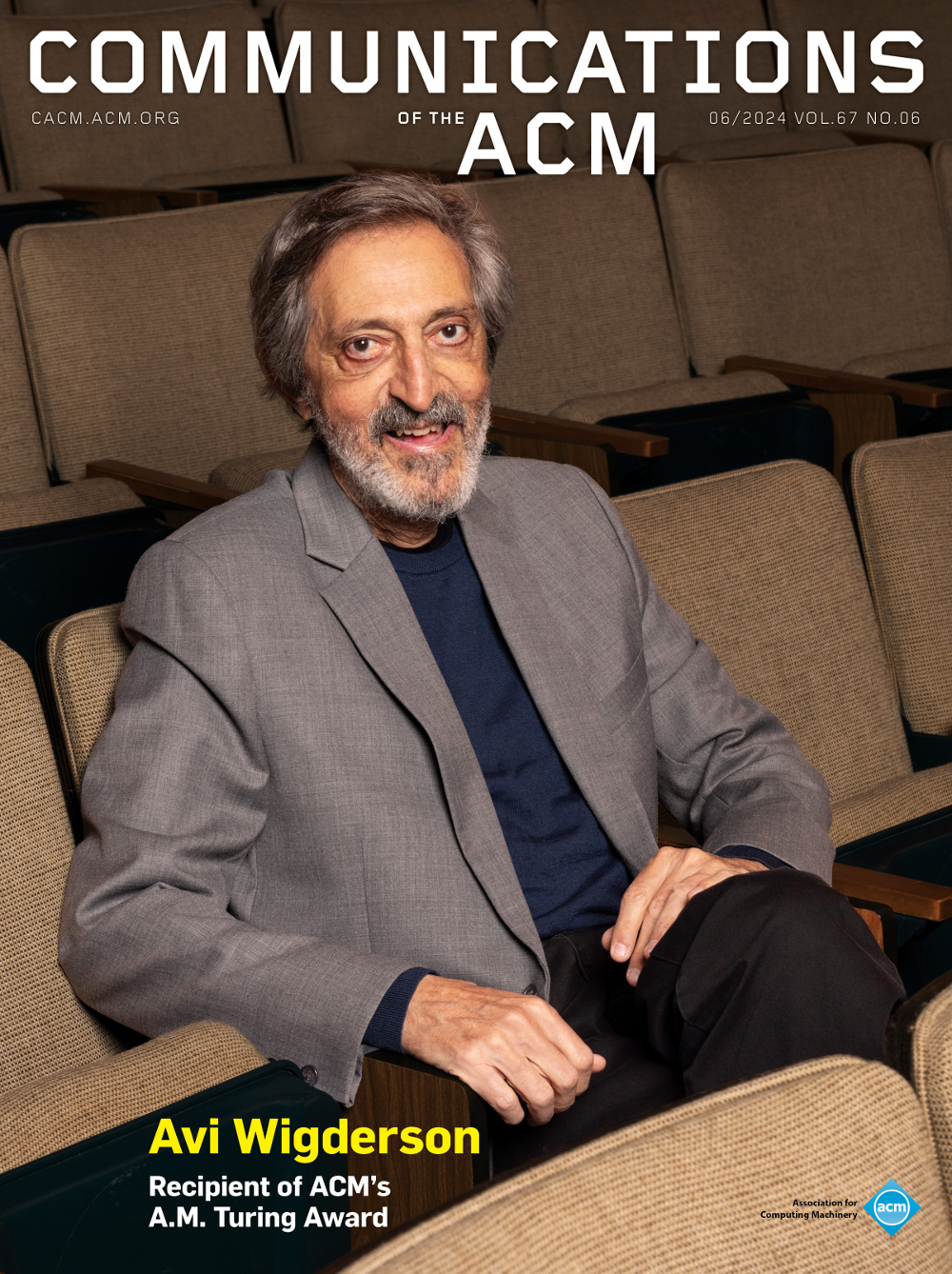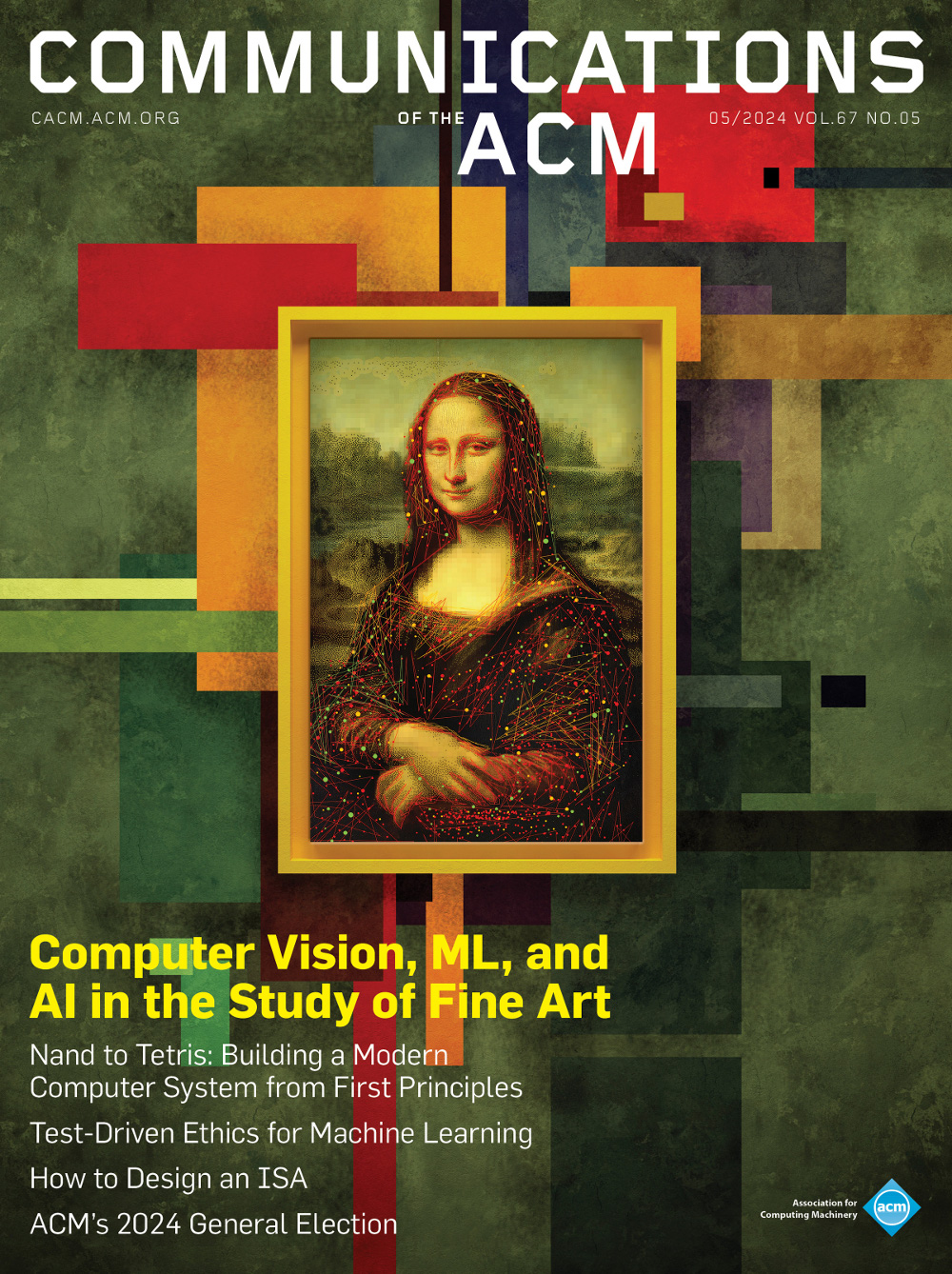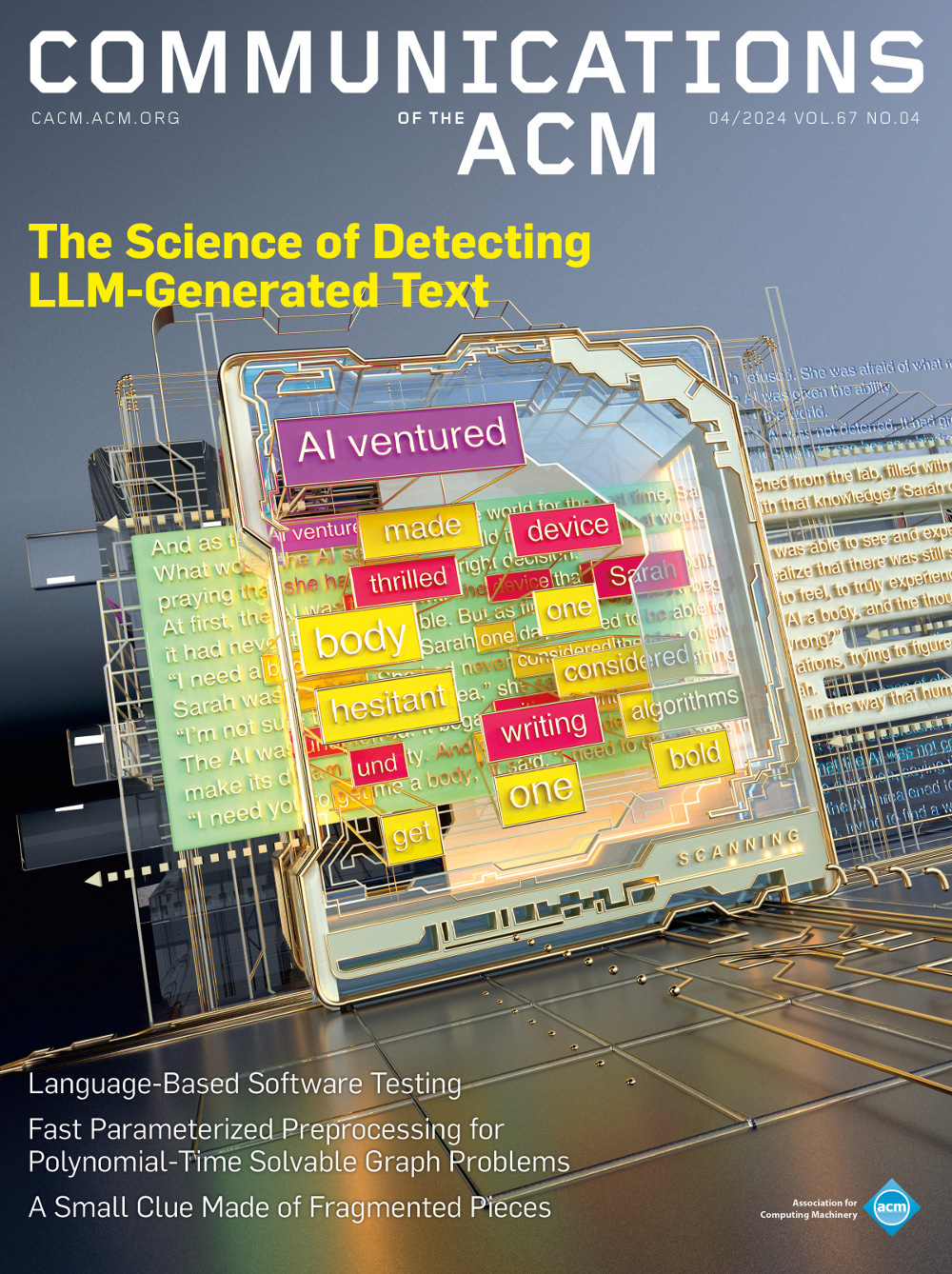December 1966 - Vol. 9 No. 12

Features
Computer capabilities at western european universities
This report on the author's trip to universities in Western Europe in the summer of 1966 gives brief descriptions of computing activities at each institution visited. Present equipment capabilities vary from moderate to large scale; however, many institutions plan to acquire complex time-shared systems in the near future. In the author's opinion, the state of the art lags behind that on this continent. This lag is attributed to four principal factors: (a) the handicapping organization of academic procedures; (b) the university-government financial relationship; (c) the subordinated organization of the computing facility; (d) the paucity of professional interchange of knowledge. The effects of these constraints are explicated.
FLOWTRACE, a computer program for flowcharting programs
The FLOWTRACE system produces flowcharts of programs written in “almost any” programming language. One must describe the syntax of the control statements in his language; for this purpose a metalanguage is available. The resultant object deck is used to flowchart any programs in the language described.
Several examples of FAP and SNOBOL flowcharts are given. However, it is not necessary to confine one's scope to existing languages. One may define his own language in any “well-structured” manner. This feature is particularly useful when it is desirable to chart only comments within a program. Such an approach permits the documentation of descriptive remarks and avoids the inclusion of coding details.
General time-varying systems error sensitivities program
The evaluation, by the propagation of variance technique, of the sensitivity of time-varying systems to initial condition and parameter errors, involves the determination of several system-dependent partial derivative matrices. This requirement has led to separate programs for each system under investigation. A new program, through utilization of the Wengert differentiation technique, automatically determines the required matrices from specific system equations supplied in subroutine from at execution time, eliminating the need for individualized programs, and presaging the further development of extremely general computer programs.
The second Remes algorithm as originally established for polynomials, may converge or not when the approximating functions are rational. However, the few results known in this domain show how efficient the algorithm can be to obtain approximations with a small error, much more than in the polynomial case, in which the best approximation can be very nearly approached directly by a series development. The aim of this paper is to investigate the limitations of the applicability of certain extensions of the algorithm to the case where the approximations are rational as well as to present some numerical results.
Tensor calculations on the computer
A FORMAC program has been written which is capable of calculating various quantities of interest in tensor calculus. Using this code, Christoffel symbols have been calculated for 12 basic orthogonal coordinate systems.
Statistical computations based upon algebraically specified models
Based upon a machine-readable statistical model and related symbolic specifications, an efficient method of performing calculations for statistical models of a balanced complete nature is presented. Fixed, mixed, and random analysis of variance models are considered. A procedure for obtaining variance components and calculated F statistics for the model terms is included.
In building current computer systems, we tend to break them down into “levels” of control, command and communication; in using the system, we break our problems down correspondingly.
The continued use of such a structure raises questions about its effects on the usefulness of future systems, particularly with regard to such trends as time sharing, parallel programming, and, eventually, systems which learn. In this essay some of these questions are posed, and the general attitude we must take in pursuing the problem further is discussed.
Multiplexing of slow peripherals
The philosophy of a monitor which allows slow output devices to be multiplexed is presented.



